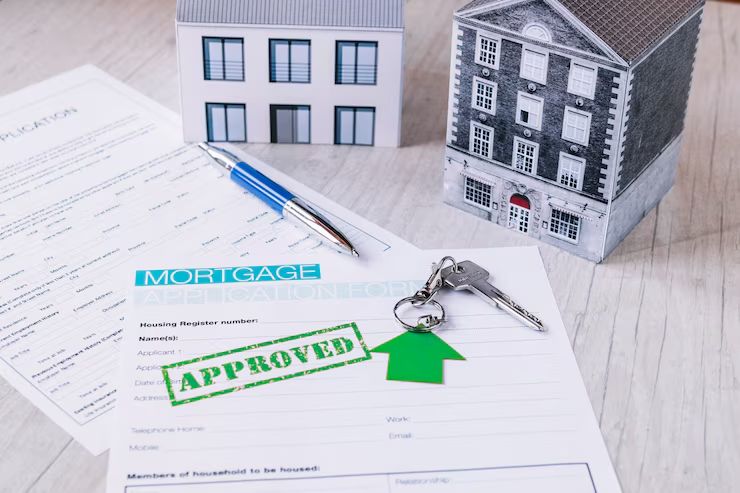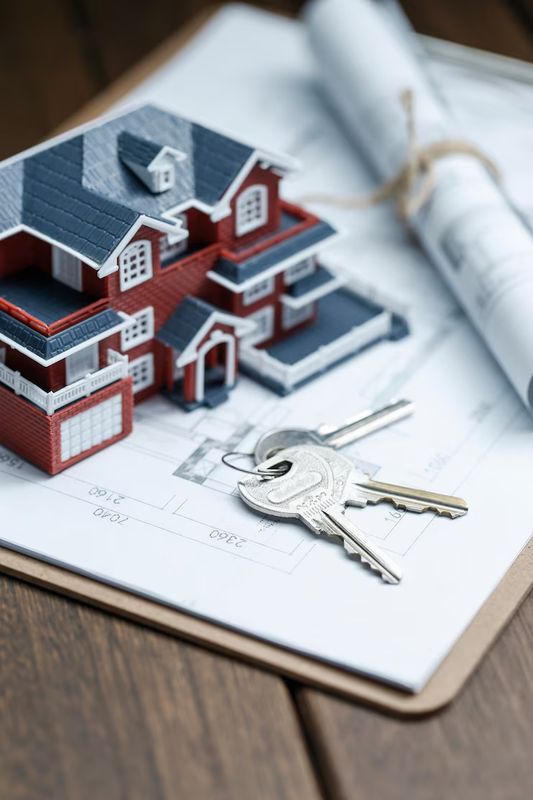Have you ever dreamed of owning a home, a business, or even a piece of land in Kenya? Many have had that same dream and they made it happen. And guess what? You can too.
Kenya is a beautiful country with growing cities, amazing landscapes, and a real estate market full of opportunities. But if you're a foreigner, there are a few important things you need to know before you buy.
Let me walk you through exactly how to safely, legally, and smartly buy property in Kenya as a foreigner.
1.Understand the Legal Framework

Yes, foreigners can buy property in Kenya. But not everything. The key is to follow the law and work with experts who know the system. For instance:
You can’t own agricultural land directly.
You can own residential and commercial property like homes, offices, or land in cities.
Most foreign buyers get leasehold property (up to 99 years). Freehold land is mostly for Kenyan citizens.
You can also set up a company in Kenya to help you buy certain properties more easily.
2. Choose the Right Type of Property

You have lots of choices when it comes to buying property in Kenya as a foreigner. If you’re looking for a home, you can go for an apartment, a villa, or a house in a gated community. If your goal is to invest, consider a shopping center, office space, or even an Airbnb rental.
For future development projects, urban land in areas like Naivasha, Nairobi, or Nanyuki offers great potential. Just keep in mind that foreigners cannot buy farmland directly unless it's through a locally registered company for development purposes.
3. Research the Market and Locations

Some areas are hot spots for foreign buyers. Nairobi is great for business and luxury homes, Mombasa offers stunning beach properties, while Nanyuki and Naivasha are ideal for nature lovers and developers.
The Rift Valley is perfect if you’re thinking long-term. Each location has its own unique charm and price tag to match.
4. Do your homework

Engaging with local professionals is highly recommended. It’s crucial to hire a qualified lawyer who specializes in property law to guide you through the legalities and verifications.
A reputable and licensed real estate agent can help you find properties that match your requirements and budget. To ascertain the value of the property, especially if you're buying land, it’s advisable to hire a qualified surveyor or property valuer to assess the property’s condition and its market value.
5. Payment and Financing

Property transactions are conducted in Kenyan Shillings (KES), so you’ll need to exchange your foreign currency into the local currency. Foreigners can access financing for property purchases from local banks, although it’s typically more challenging to secure loans as a foreigner. It's often easier to pay in cash, if you can.
6. Registering the Property

Once the sale agreement is signed and the payment is made, the property transfer must be registered with the lands registry. The process involves making payment for stamp duty followed by transferring the property’s title deed to your name. This is the official final step in the process and signifies that you are the legal owner of the property.



